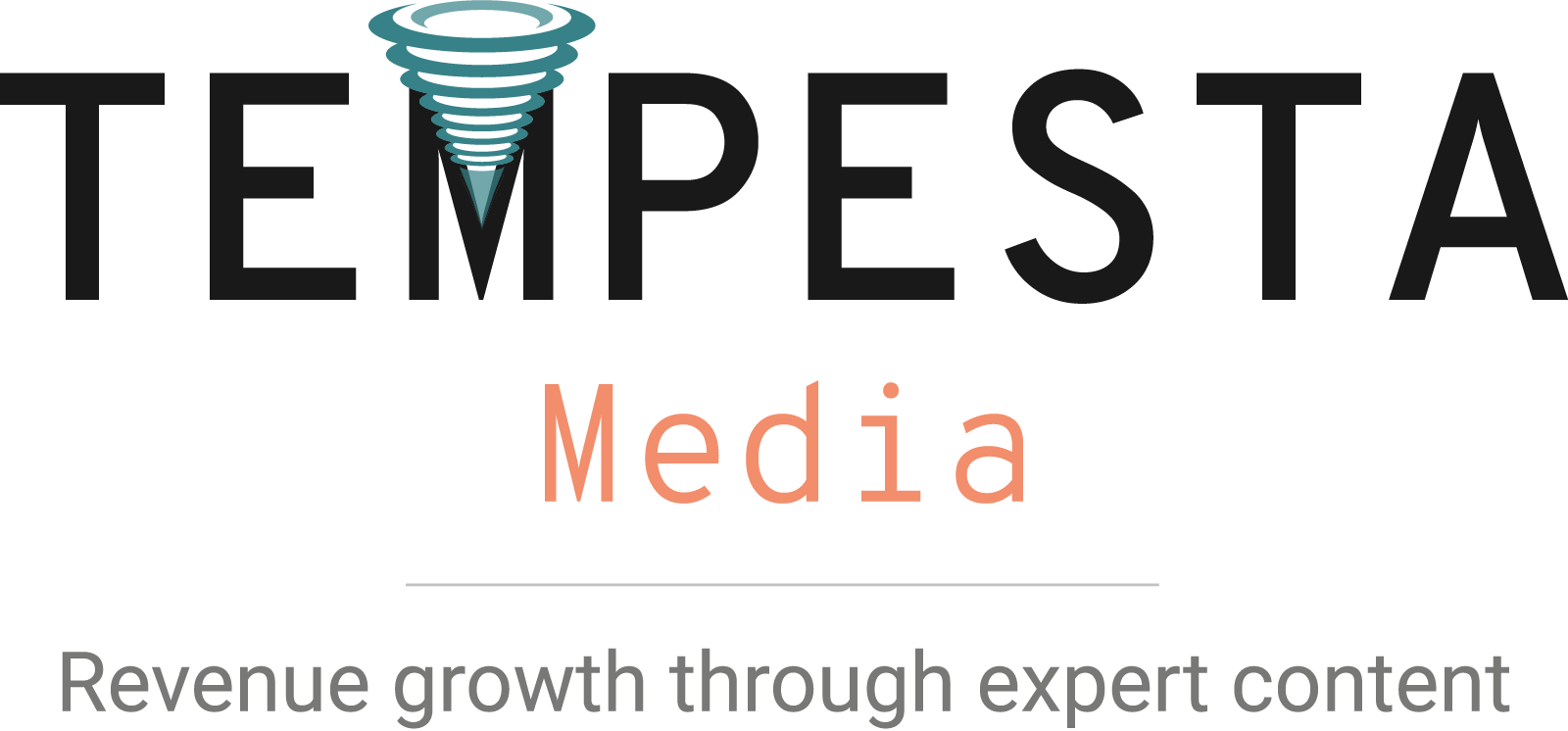The COVID-19 pandemic disrupted business practices for all types of companies. If your company struggled with gaps in your content marketing program, now is the time to start planning for what comes next.
If your company has struggled through the past year trying to figure out what the next few weeks, months, and years are going to look like, you are not alone. Many companies operating in crisis mode were trying to figure out how to keep moving amidst unprecedented change. Those that sacrificed content marketing programs during the crisis are now feeling the pain.
Lack of content stalls your growth and puts you at risk of losing market share to competitors.
As we look toward better days in the future, a clear and comprehensive content marketing plan can help your business in many ways.
Improve brand awareness
Brand awareness drives overall sales. Companies with high brand recognition can also distinguish themselves from competitors.
Brand awareness increases the opportunities for converting people into buying customers through targeted approaches to appeal to the right people in the right ways. After all, establishing a consistent brand and marketing yourself based on those core values and features will attract like-minded and relevant leads.
But it’s important to have high-quality content that exemplifies those values. A structured content marketing plan enables you to schedule content that flows together and builds off each other to create that consistency and strength.
Establish media partnerships
Media consumption has been evolving over the past several decades, and today’s media landscape is more varied than ever. Consumers get news and information from many different places:
- Online videos.
- Online (streaming) TV.
- Video games.
- Broadcast TV.
- Online news and articles.
- Social media (live streams).
- Podcasts.
All of these content distribution platforms represent opportunities to get your name in front of customers. The more useful and interesting content you generate on each of these channels, the more valuable you are as a potential partner for media organizations.
Remain visible
Brand visibility matters more than ever. If your brand is not putting out new content on blogs and social media, you are not visible to your customers.
Since the start of COVID-19, people’s days are increasingly spent online. In fact, we spend an average of more than 16 hours plugged in to digital media each day. Content marketing makes you visible to customers spending more time online than ever before.
Double down on community-based engagement
Corporate social responsibility (CSR) became a buzzword in recent years. But data supports the idea of companies being involved in things that matter to their customers. In a 2020 Business Roundtable, 180 companies discussed why they are recommitting to finding ways to make a difference:
- 87% of people purchase products because a company cares about the same issues they do.
- 76% of people won’t do business with a company that doesn’t share their values.
We’ve all had a tough year, and many companies are doing meaningful things to help people in the local community. They are also advocating for change to build better relationships with customers. Content marketing is the perfect avenue for displaying your newfound commitments to your community and showing your audience that you care.
Next steps for your brand
Nothing about the last year has been easy. Companies that want to thrive in a post-COVID-19 world must take the necessary steps to create a forward-looking content marketing strategy.
With better brand awareness, media recognition, and visibility, your content plan can help you rebuild your company and bring in new customers. It can also help you stay connected to your community and your customers, which will be a valuable brand asset for future challenges and crises that we are sure to face.
Find out how Tempesta Media can get your content strategy back on track with our strategic planning and managed content services. Contact us today to learn more, and download our ebook to discover some of the mistakes companies make when scaling their content strategy so you can avoid those missteps in the coming months.











